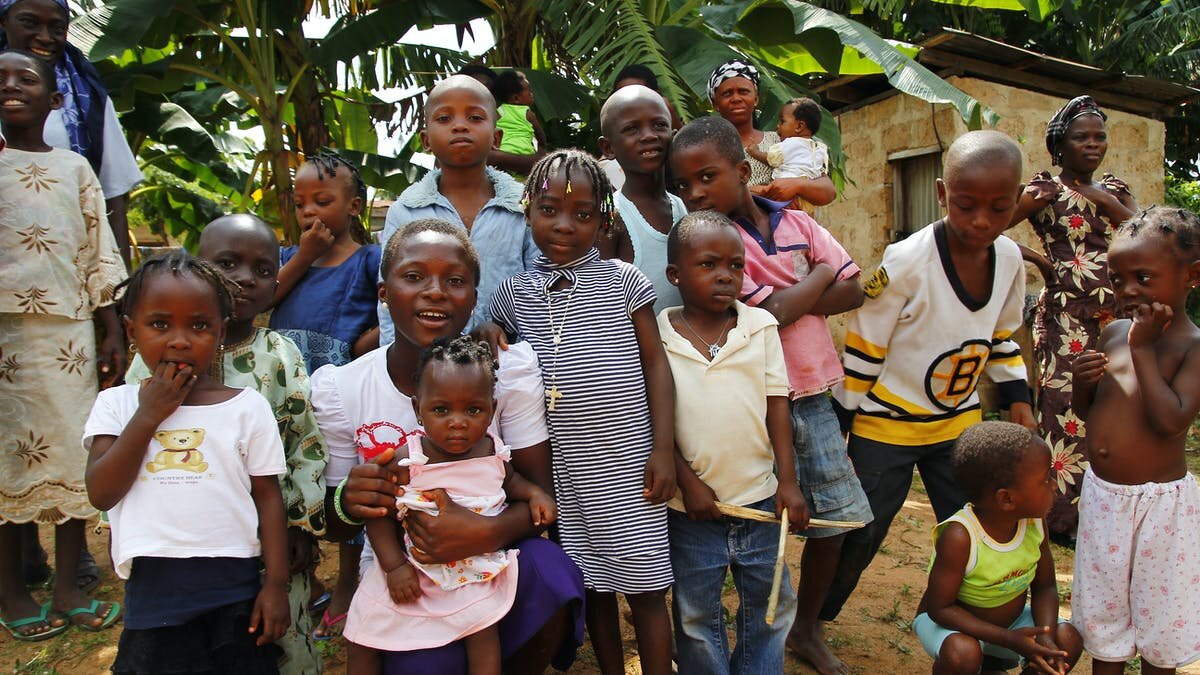
Nigeria: A Bridge To Infrastructure
A key regional player in West Africa, Nigeria accounts for about half of West Africa’s population with approximately 202 million people and one of the largest populations of youth in the world. With an abundance of natural resources, it is Africa’s biggest oil exporter, and has the largest natural gas reserves on the continent.
The World Bank Group enjoys a strong partnership with Nigeria through a strategy to support the government in its development’s objectives to end extreme poverty and increase shared prosperity. Consultations have concluded on a new Country Partnership Framework, which will come into effect in late 2020.
The outgoing Country Partnership Strategy period (FY2014-FY2019) had an investment of $8.8 billion through the International Development Association (IDA) and International Bank for Reconstruction and Development (IBRD). Nigeria is also one of the International Finance Corporation’s (IFC) fastest growing portfolio and represents IFC’s fifth largest global country exposure, with a committed volume of $1.8 billion as at FY2020.
The World Bank Group’s support for Nigeria is structured around several priorities that promote diversified growth and job creation, with a focus on youth, women, and the poor in marginalized areas, and social inclusion, through higher quality and efficiency in social service delivery at the state level. It also aims at fostering macroeconomic resilience and advancing structural reforms for private sector-led, non-oil growth. This includes agricultural productivity and increased access to finance. The Bank Group also supports increased engagement in the climate resilient agenda as well as Nigeria’s response to the COVID-19 pandemic and its post-recovery efforts.
In conflict-affected North-East Nigeria, the Bank Group is stepping up its support to address service delivery gaps, livelihood deficits, and social cohesion issues, as well as providing support to economic diversification.






